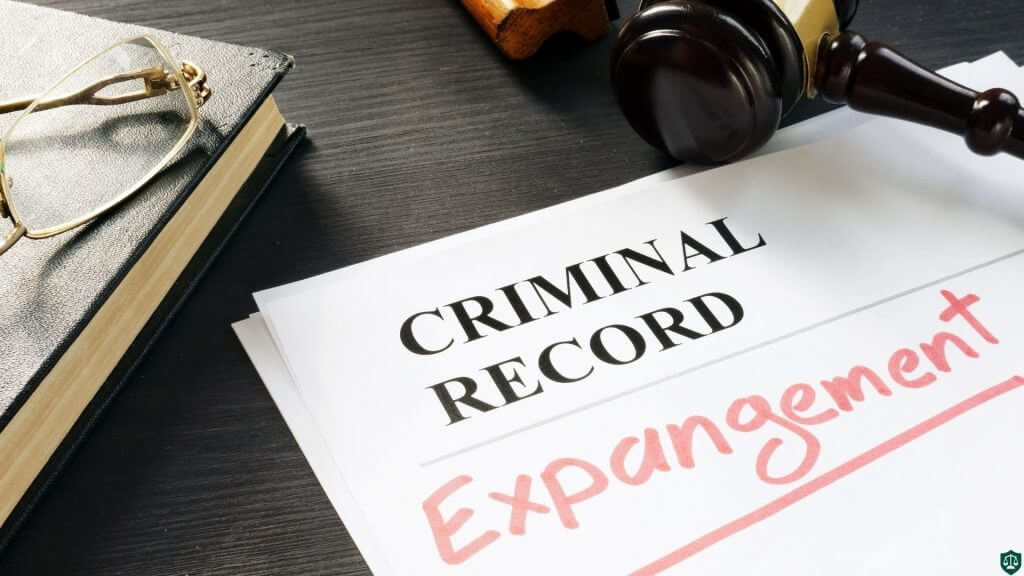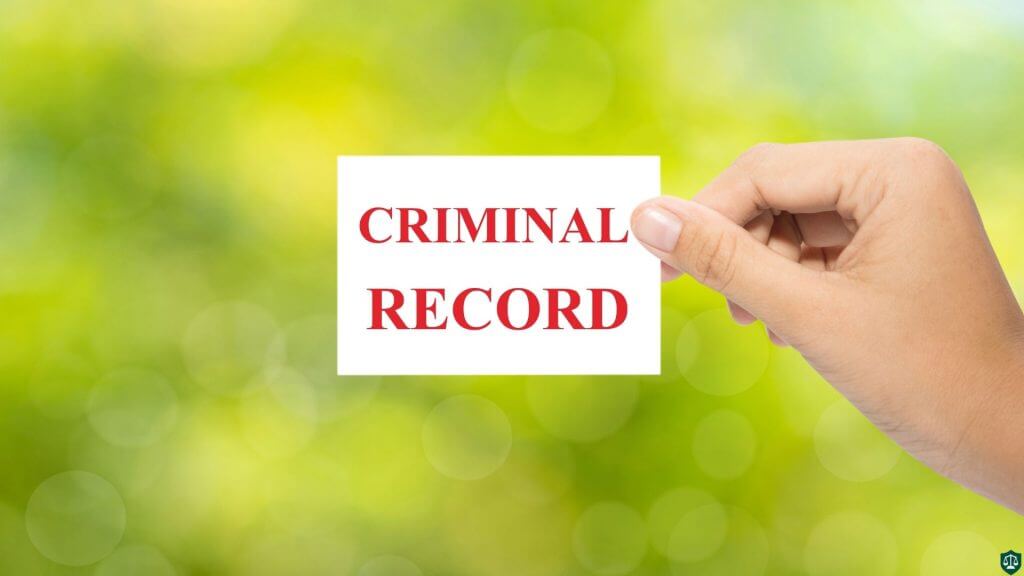Santa Ana Expungement Lawyer
Santa Ana Expungement Attorney

Cleaning up your criminal record in Santa Ana, CA is an important way to move on with your life. Criminal convictions can lead to being denied employment, an apartment, a professional license, security clearance, or the ability to work with children. The resulting loss of money and opportunity can be embarrassing and hamper the ability to support yourself.
It is important to note upfront that expungements for convictions involving DUIs, “wet reckless,” and a few other specific Vehicle Code violations, are treated differently in that they require a judge to exercise discretion “in the interests of justice.” Expungements of convictions that require good cause—like DUIs—are discussed here.
What an Expungement Can Do for Your Criminal Record
An expungement in California is a legal procedure where, if granted, the court allows you to withdraw a plea of guilty (or “no contest”) and enter a plea of “not guilty.” The judge will then dismiss the charges. If you were convicted following a trial, then the judge will “set aside” the guilty verdict and dismiss the charges.
Once an expungement is granted, the court notifies the California Department of Justice (“DOJ”) electronically who will amend your criminal history accordingly. The California DOJ does not completely erase the conviction from its records though. The criminal record on file with the DOJ will still state the case number, the charges for which you were convicted, and that a guilty (or no contest) plea was entered, or a conviction following a trial and the date of conviction. But the record will be amended to state that the plea was withdrawn (or the verdict set aside), and the charges were “dismissed pursuant to Penal Code § 1203.4” and the date the expungement was granted. So there is still some information that can be obtained by persons who can access the California DOJ records. Fortunately, with limited exceptions, prospective employers don’t have access to those California DOJ records and cannot ask you to provide them.
Once an expungement is granted, with a few exceptions noted below, you can deny the conviction when asked by a prospective employer if you have ever been convicted of a crime. Note also that, under California Labor Code § 432.7, again with few exceptions, it is against the law for a potential employer in California to even ask about dismissed convictions, and arrests that did not lead to a conviction.
What are the Requirements for an Expungement?

There are several requirements to get an expungement. Those include:
- You cannot currently be serving a sentence, on probation or charged with a criminal offense.
- You either had probation terminated early for good behavior, or you must have fulfilled the conditions of probation for the entire period. In other words, no violations. However, if you were ever violated, a judge has discretion to grant an expungement upon a showing of good cause “in the interests of justice.” (This is discussed in more detail in the page regarding DUI expungements.)
- You must not have served time in state prison, though time in county jail is acceptable.
- You must not have been convicted of most any sex crime.
Limitations to What an Expungement Can Do
While the law governing expungements in California, Penal Code § 1203.4, says that if granted, the person shall be “released from all penalties and disabilities resulting,” there are exceptions. Such limitations to an expungement include:
- Expunged convictions are still “priorable,” meaning a prosecutor and DMV can still use the expunged conviction to enhance penalties or punishments for crimes committed later.
- The expunged conviction must still be disclosed in any “application for licensure by a state or local agency.” This means that if you apply for some sort of employment license, you may be required to acknowledge the expunged conviction in any direct question on an application for the license.
- If the conviction made you ineligible to own a firearm, the expungement would not allow you to own a firearm again.
- Under the laws of the United States, the federal government does not acknowledge expungements from the State of California. The federal government will still consider California expunged criminal convictions to be valid, whether in federal criminal court, federal employment applications, or federal background checks and security clearances.
- You would have to acknowledge the expunged conviction when running for public office, contracting with the California State Lottery Commission, and in applications to be a peace officer.
The process of an expungement, from determining your eligibility, available relief, and just getting into court, is daunting and confusing. Fortunately, you don’t have to do it alone. The Law Offices of Christopher J. McCann, APC, is here to help you. We have 20 years of experience helping people like you expunge their criminal records in California and getting their lives back on track. Call now and speak directly to our Santa Ana Expungement Lawyer.
Law Offices Of Christopher J. McCann, APC – Santa Ana, CA Office
1633 E 4th St Ste 248,
Santa Ana, CA, 92701
Contact: 949-596-0060
Schedule Your
Free Consultation
Fields Marked With An “*” Are Required
© Copyright 2025 Law Offices Of Christopher J. McCann, APC. All rights reserved.


